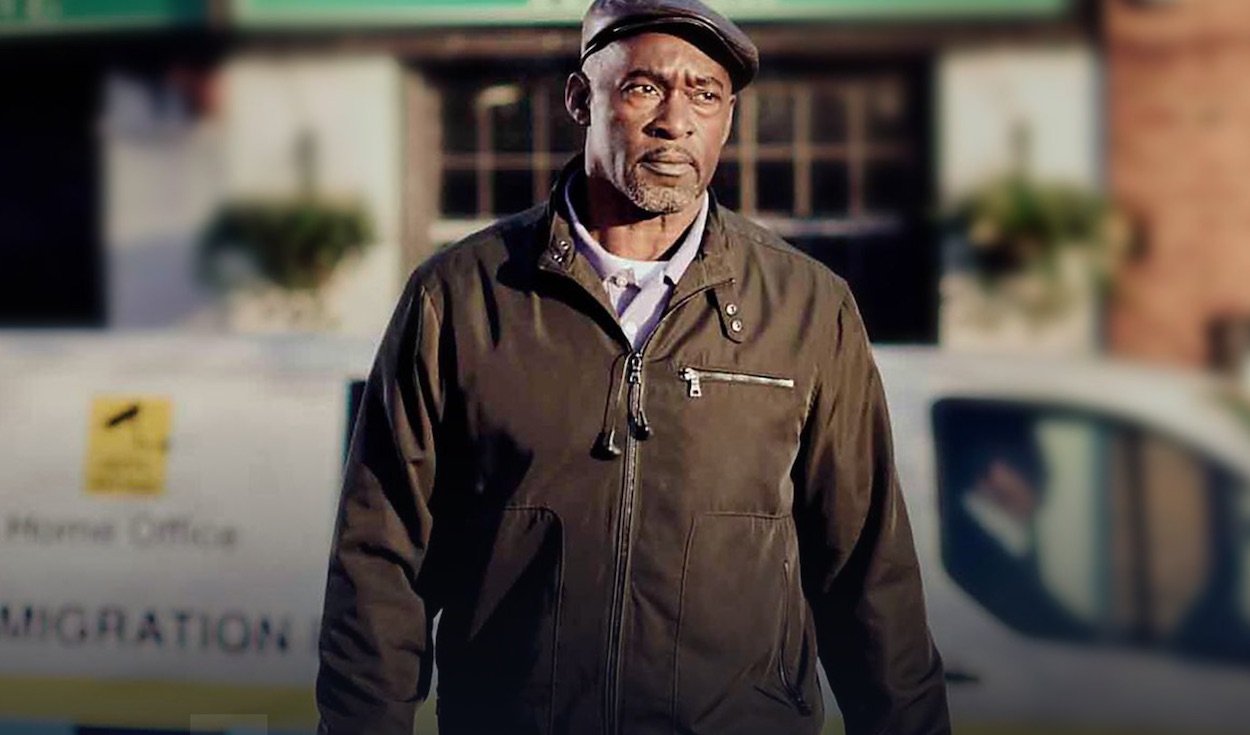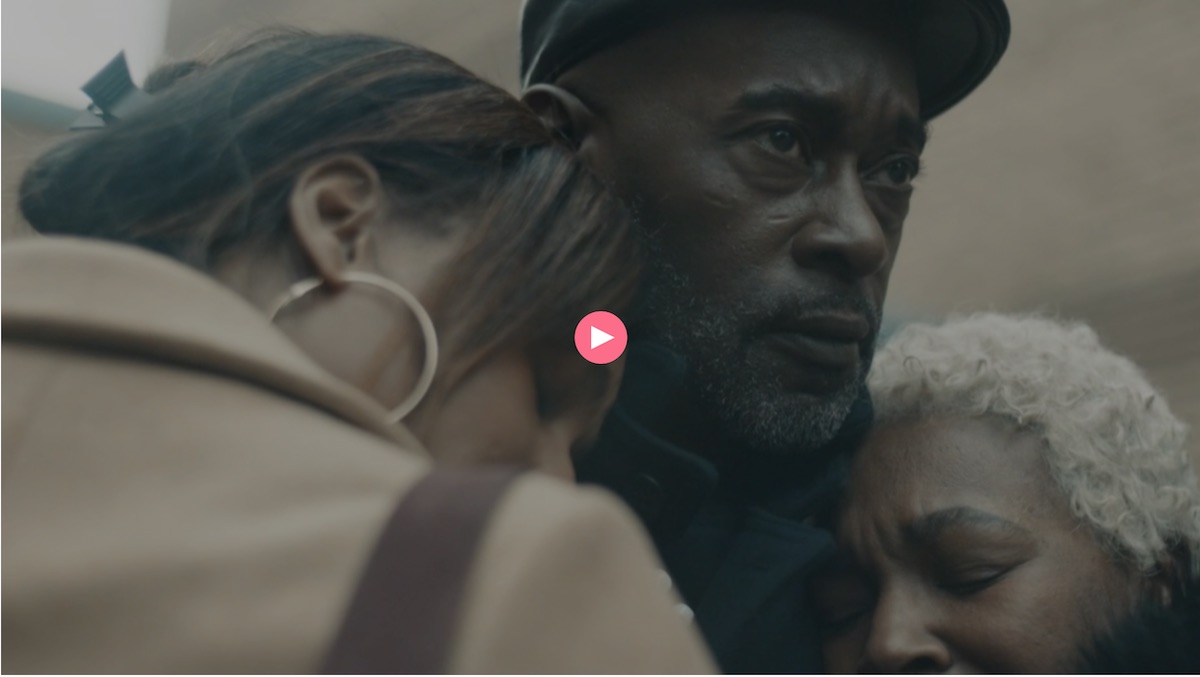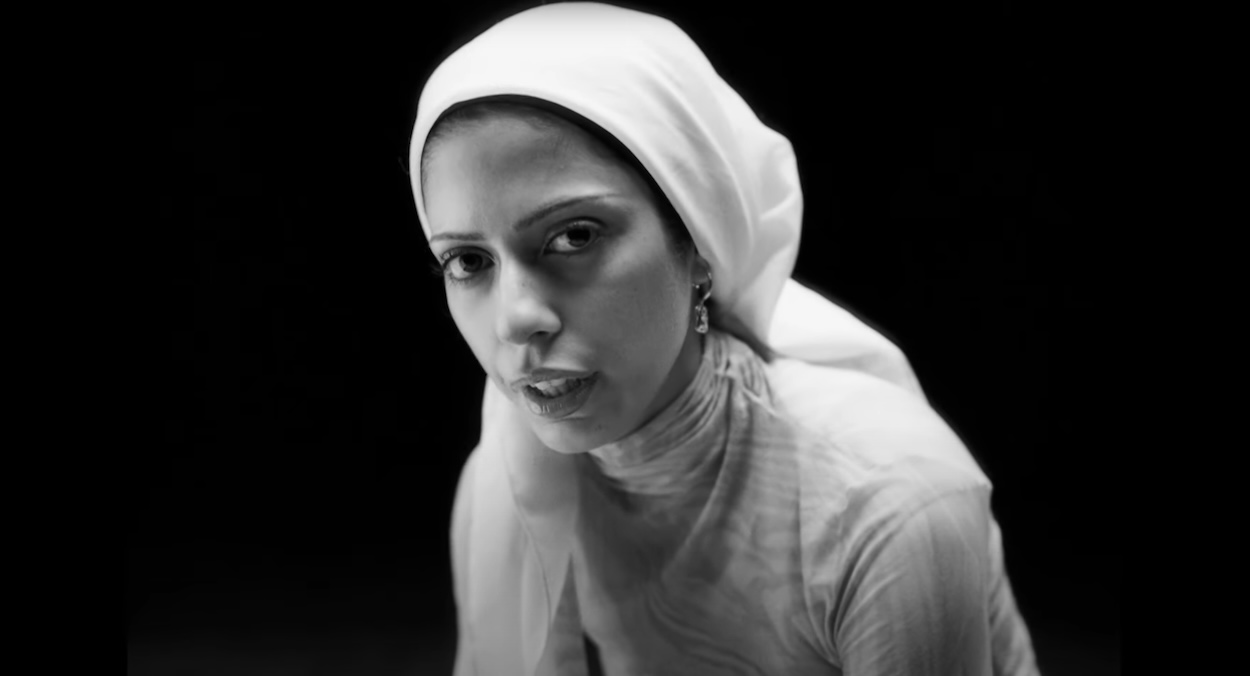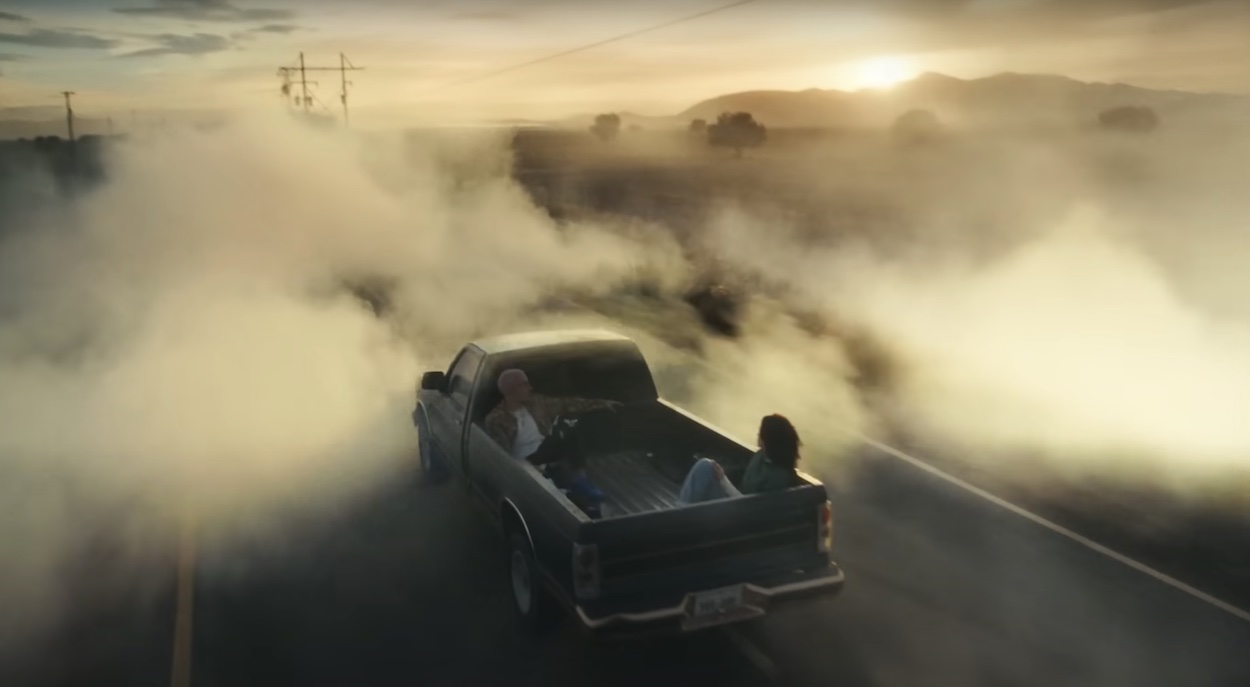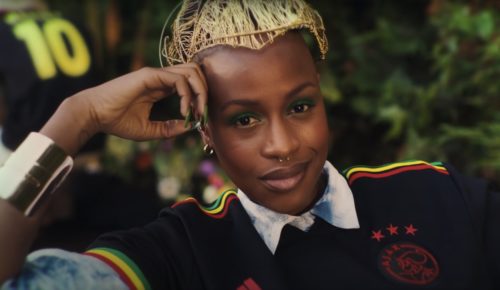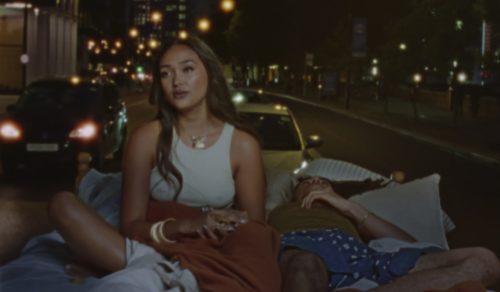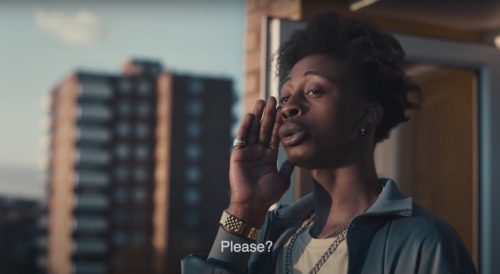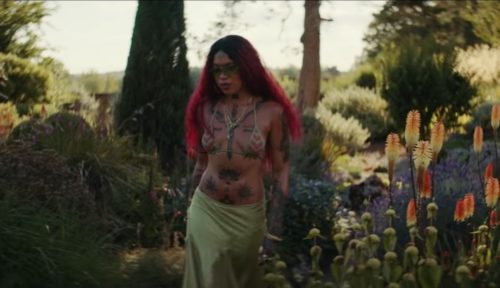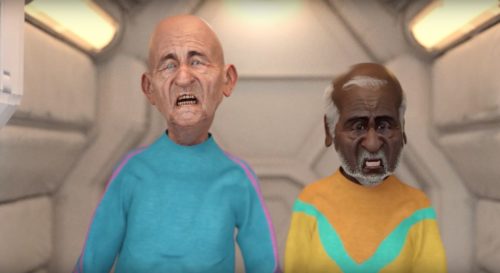How did you first get involved with Sitting in Limbo and how much did you know about the Windrush scandal prior to receiving the script?
I received the script through my agents from the producers. I had followed the Windrush scandal through the news and Amelia Gentleman’s articles in the Guardian so I was aware of Anthony Bryan’s case. I went in to first meet with Lila Rawlings, then later with the producers Pier Wilkie, Fiona Lamptey and the writer Stephen S. Thompson.
You’ve mentioned that the script resonated with you because, as an Italian national, you were in the process of applying for settled status and, like Anthony, had to jump through lots of hoops to prove your ‘Britishness’ – despite living in this country since childhood. How did that shared experience help you connect to the story and central character?
I would say it helped me connect to that feeling of betrayal. Having someone question your right to be in the country you’ve been in most of your life is hurtful and even the notion of being “sent back” to a country you do not know is violent. I became very knowledgeable in the Hostile Environment policies and the changes the Conservatives had made under our noses. For example, my daughter was born here but because neither of her parents had permanent residency (something not necessary before Brexit), she could not be a British citizen and was therefore stateless. When the betrayal hits your kids… that’s another level of anger.
However, I was very aware of the difference in the Windrush Scandal being a systemically racist type of harassment – targeting a group of people the Home Office referred to as “low hanging fruit”. A generation who were invited here as heroes, to rebuild the country after a war they also fought in on behalf of this country, set up the NHS, educate children – as an immigrant I benefited from this foundation they built for future generations. It was a case of “national shame” – as David Lammy put it – and everyone involved in the film felt a deep responsibility to bring it back into the conversation and demand justice.
Patrick Robinson’s performance as Anthony is deeply moving, as is that of Nadine Marshall, who plays his partner Janet. How much pressure was there to authentically convey these real-life people – particularly since Anthony’s half-brother, Stephen, wrote the script?
I think there was pressure but the authenticity was on the page. Stephen conveyed Anthony and Janet so well. We spent time together (the cast, myself, Stephen, Anthony and Janet). But we were making a drama so Stephen fictionalised certain aspects and that helped because we didn’t feel there was any need to impersonate Janet and Anthony as long as we authentically represented their experiences. Patrick and Nadine both connected with the characters so profoundly – they knew them deeply so there was no need to work on that.
The story arc is almost Kafkaesque in its nightmarish twists and turns – just when you think things are finally turning a corner for Anthony and his family, they face another setback – but there are moments of real warmth and humour amidst the tragedy. How important was it for you to find that balance?
That is something that I loved about the script and I always try to bring that warmth and humour to my work. It’s so important because that is reality. I feel like you can shut out a drama that leans too deeply into the darkness and bleakness of a situation. Your mind says, this is too hard, I won’t let it affect me. But [when] you pepper that with moments of levity, joy and love, not only are you representing a truer depiction of life but you also let the audience breathe, smile and ride with you till the end.
The scenes from the detention centres are particularly harrowing – did you shoot in the actual locations, or recreate them?
We shot the exterior of The Verne, the detention centre, which is now a sex offenders’ prison on the island of Portland off the coast of Dorset. That is the real place and it was completely dystopian and surreal. The prison is on a cliff top overlooking the sea. When I first looked it up I could not believe he was taken there. This was not a detention centre, this was a Victorian prison. This was Alcatraz. They actually took Anthony there at night after hours of driving him around from one detention centre to another, dropping people off where there was space. He couldn’t see the sea or where he was. He knew he was near the sea because of the chill and the seagulls. So when he comes out, I wanted to get that sense of complete disbelief.
We recreated Campsfield which, although a “nicer” facility than The Verne, is right next to the runway at Oxford airport and they would deport people from there straight onto a plane. So everyone’s state of mind was much worse in Campsfield than The Verne. There was no hope in there.
The drama feels particularly resonant and timely amidst the ongoing Black Lives Matter protests. What do you make of the prime minister’s recent statement that the UK is ‘not a racist country’?
We live in a racist country, built on racism, which thrives on racism and so it is in this government’s interest to uphold racism and all its structures. The Windrush scandal is one of this country’s most blatant injustices of recent times by this government and I think it struck a chord in British people because it went against the values of patriotism which they believe they uphold – but in fact it’s just a drop in the ocean of the systemic nature of racism. It’s in our schools, workplaces, on our screens and in every aspect of society. We have been given an opportunity to change and I expect to see that reflected in our film and TV industry, so that we can shape it into an industry we want to work in and where everyone feels safe, included and valued.
The drama ends by reminding us that none of the ministers or government agencies have ever faced justice, and only a handful of the Windrush generation have been compensated. What message do you want viewers to take away with them?
I want people to be angry. I want people to feel galvanised into action, to get involved in demanding justice, to go to protests, to be loud. But I also want for white people to have a deeper understanding of systemic racism and understand how we benefit from it every day so it’s our responsibility to end it. We have a part to play in the Windrush scandal.
Sitting in Limbo is the BBC’s first drama on social change in decades. Ken Loach’s 1966 drama about unemployment and homelessness, Cathy Come Home, was hugely influential and brought about real social and political change, including the establishment of the Shelter and Crisis charities – but in this day and age, do you think TV drama is still capable of such influence?
Before Sitting in Limbo aired, I was sceptical. But as the release date drew near the Home Office started getting very antsy. They were hounding us to show them the film in advance. A week before, when a Guardian article came out about the film’s release – suddenly Anthony and Janet were finally offered partial compensation. So we reopened the cut and changed the text to show that. The Home Office thought they probably looked like they were being active and the timing would be seen as coincidence but it was a very transparent move. Then, on the day it aired, Priti Patel herself called Anthony and Janet to talk – this is after 4+ years of hearing nothing from the Home Office! They told her they were busy. She later tweeted about the film as did many other politicians. As Janet would say “The cheek”!
That shows that the government still understands the power of drama.
Clearly the response from the public was in the context of the BLM movement. We were originally due to air in March but were pushed to June because of lockdown etc. We could never have known it would be so timely and contribute to such an important conversation.
How have you been spending lockdown and what are you working on at the moment?
I’ve been a full-time mum! Looking after my toddler which hasn’t been easy and trying to write my first feature film.
Interview with Stella Corradi by Selena Schleh
Sitting in Limbo
Director: Stella Corradi
Writer: Stephen S. Thompson
Executive producers: Andy Harries & Lila Rawlings
BBC Exec Prod: Mona Qureshi
Producer: Pier Wilkie
Co-producer: Fiona Lamptey
